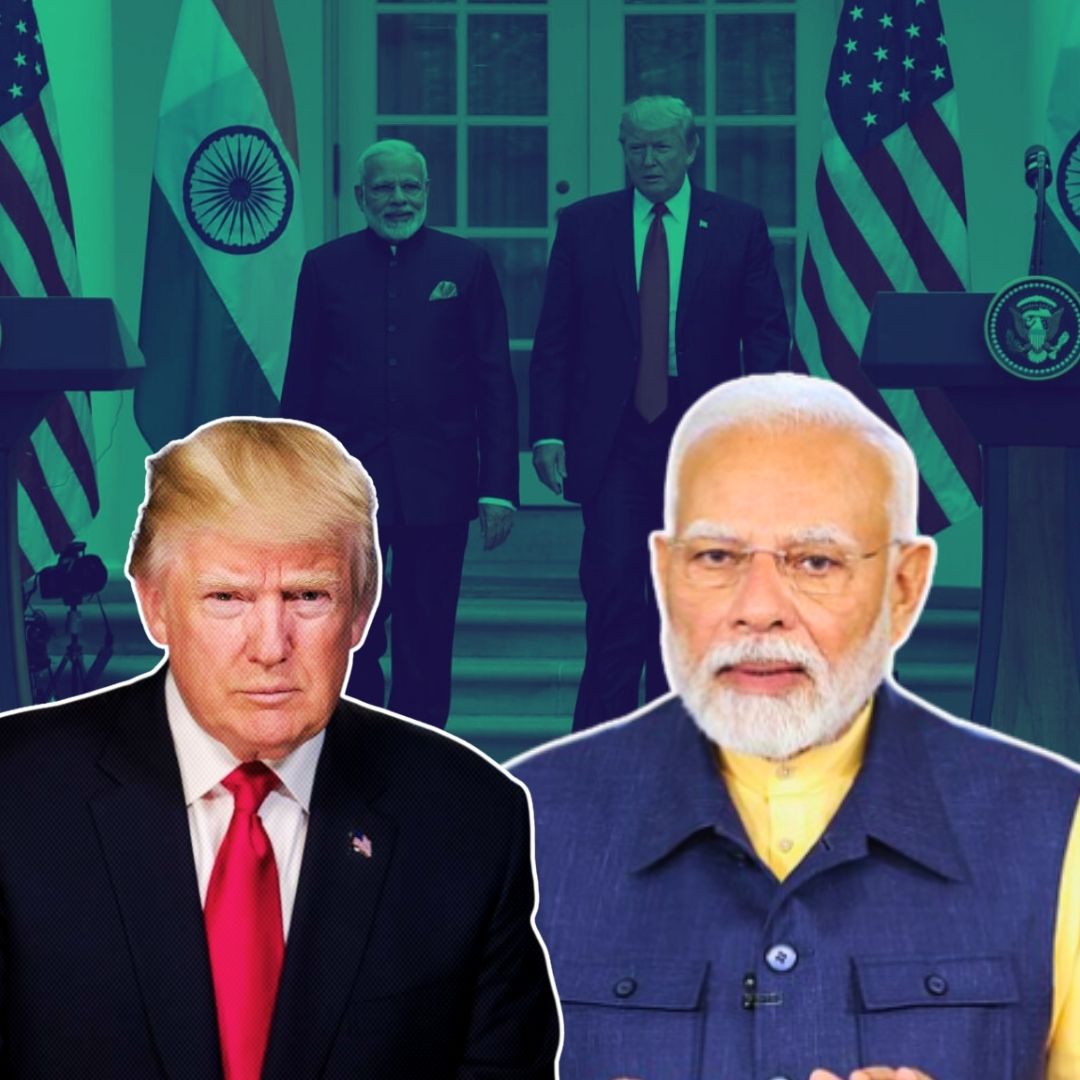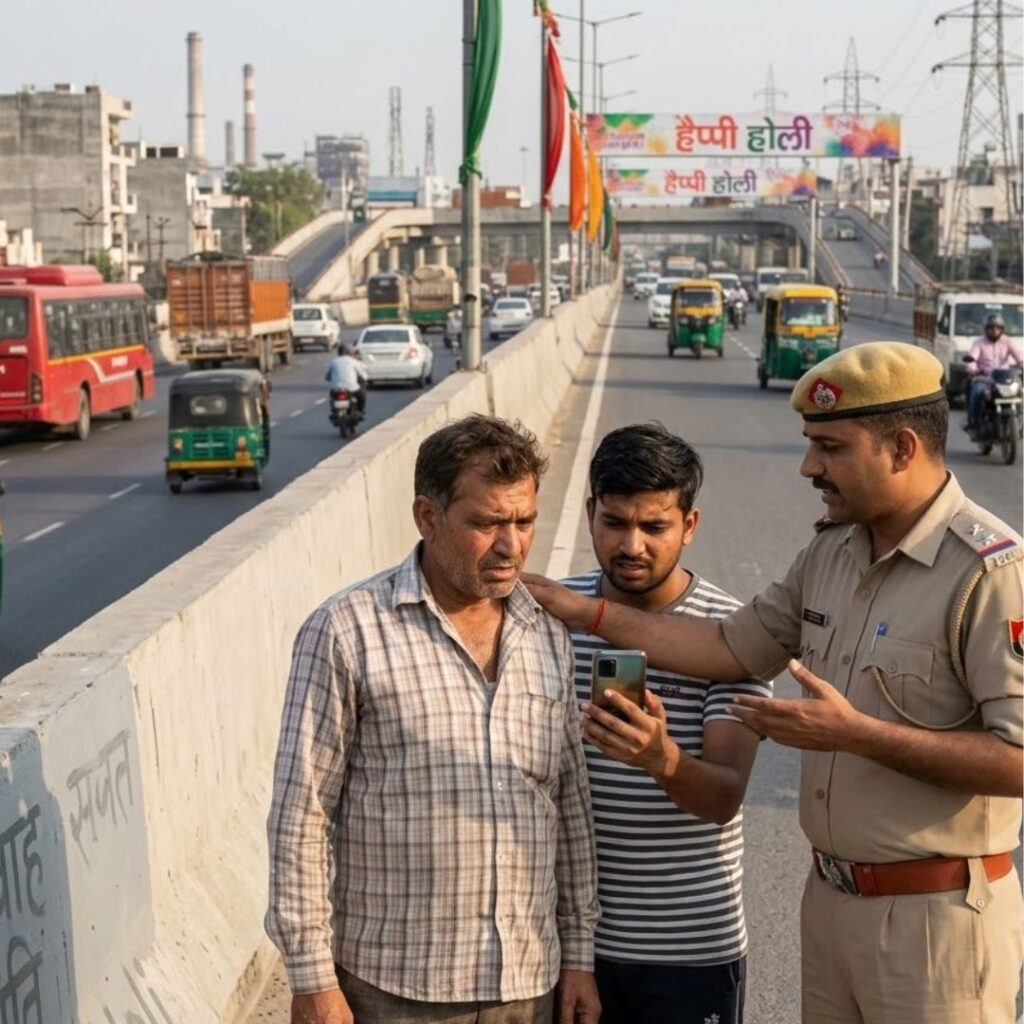US President Donald Trump has announced plans to significantly increase tariffs on Indian imports, building on the existing 25% tariff rate effective from August 7, 2025. The increase is a direct response to India’s continued purchase of Russian crude oil, which Trump accuses India of buying at discounted rates and reselling for profit, thereby fueling Russia’s war machine in Ukraine.
India has strongly rejected this characterization, calling the tariff threats unjustified and highlighting what it sees as hypocrisy by the US and EU, who continue their own trade with Russia. The unfolding trade tensions have disrupted ongoing negotiations and drawn sharp reactions from all involved parties, including Russia, which insists on sovereign rights to trade.
Trading Tensions Escalate Amid Accusations
President Trump stated in a CNBC interview that while the US had settled on a 25% tariff on Indian goods, he intended to “raise that very substantially over the next 24 hours.” He labelled India as “not a good trading partner” due to the country’s involvement in purchasing Russian oil despite global sanctions. Trump criticised India’s “zero tariffs” proposal on US goods as insufficient given India’s high existing tariffs and its support for Russia through oil purchases.
Indian officials responded by condemning the US stance as unfair and hypocritical, pointing to the US’s own $3.5 billion trade with Russia despite sanctions. The Indian Foreign Ministry emphasized India’s need to safeguard national interests and economic security, arguing that energy imports are driven by market realities and global supply disruptions caused by Western sanctions on Russia.
Context and Global Reactions
This escalation is part of a broader backdrop of strained US-India relations amid the Ukraine conflict. Since the war began, Western countries led by the US have imposed sanctions and a price cap on Russian oil to pressure Moscow to end the war. India, reliant on affordable energy and historical ties with Russia, has maintained its imports, stating that it acts in accordance with market conditions and energy security needs.
Russia’s Kremlin has criticized US tariff threats as attempts to coerce sovereign nations into cutting trade ties and defended India’s right to choose trading partners. The situation is complicated by India’s strategic positioning between Western sanctions and energy requirements, making it a focal point of global diplomatic and economic tensions.
India’s Response
New Delhi has strongly rebuffed Trump’s characterisation as “unjustified and unreasonable,” accusing the US and EU of double standards for continuing extensive trade with Russia themselves. The Indian Foreign Ministry emphasised that other Western nations also import oil, chemicals and industrial goods from Russia, calling it “revealing that the very nations criticising India are themselves indulging in trade with Russia.” India further reaffirmed that its energy decisions are driven by global market realities and national interest, warning it will take necessary measures to safeguard economic security
The Logical Indian’s Perspective
The Logical Indian calls for calm reflection amidst these escalating tensions and urges all nations to pursue dialogue grounded in mutual respect, understanding, and empathy.
While acknowledging the complexity of global geopolitics and economic interests, we advocate for approaches that prioritise peaceful resolution and cooperative engagement over punitive measures.
Statement by Official Spokesperson⬇️
— Randhir Jaiswal (@MEAIndia) August 4, 2025
🔗 https://t.co/O2hJTOZBby pic.twitter.com/RTQ2beJC0W












